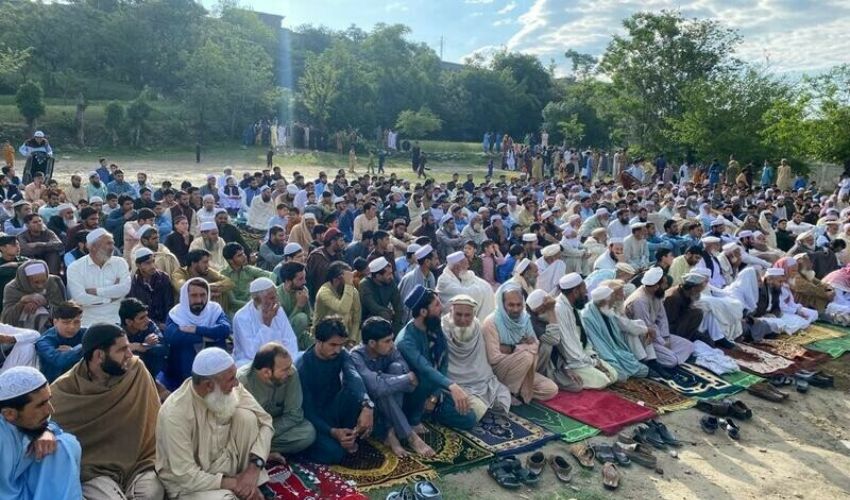Supreme Court constitutional bench Monday heard intracourt appeals challenging the trials of civilians in military courts.
Salman Akram Raja argued that while the Army Act's provisions for civilians are meant for terrorists, the government is misusing them against its political opponents.
The court adjourned the case until Monday, and Salman Akram Raja will continue his arguments during the next hearing.
Justice Amin-ud-Din Khan responded, stating that the law cannot be declared invalid solely due to its misuse. During the hearing, the 1962 Constitution and the famous poem by Habib Jalib were also referenced. Salman Akram Raja shared that he himself was accused in the 26th November case involving the killing of three Rangers personnel. He expressed concerns that if the court upholds these provisions, they might be used against him.
Raja also questioned the validity of military courts, stating that no civilian should be tried in them. He highlighted an unusual historical case involving brigadier (retd) F.B. Ali, where Zia-ul-Haq had initially sentenced him in a military court but later Ziaul-Haq pardoned him after becoming the army chief.
Justice Musarrat Hilali asked whether Zia-ul-Haq had sought an apology from F.B. Ali, and whether the 1962 Constitution was legitimate. Raja responded that the 1962 Constitution was flawed, with field marshal Ayub Khan granting himself excessive powers, a point famously criticized by poet Habib Jalib.
Raja also emphasized that no similar section in the Army Act exists anywhere in the world and that the government is misusing it against its opponents, not just terrorists. He further mentioned the inhumane treatment his client, a first-class cricketer, endured under military custody, despite being sentenced to six years by a military court.



























